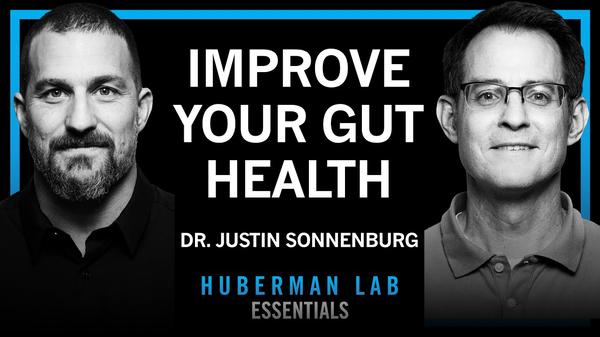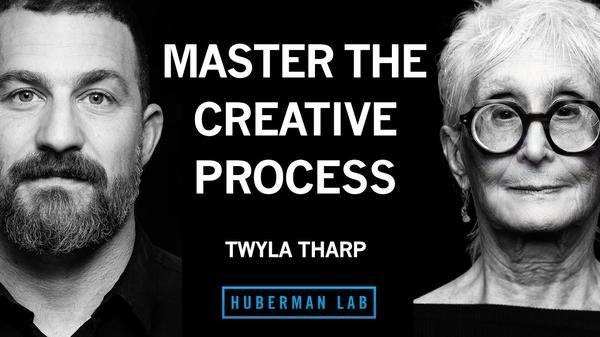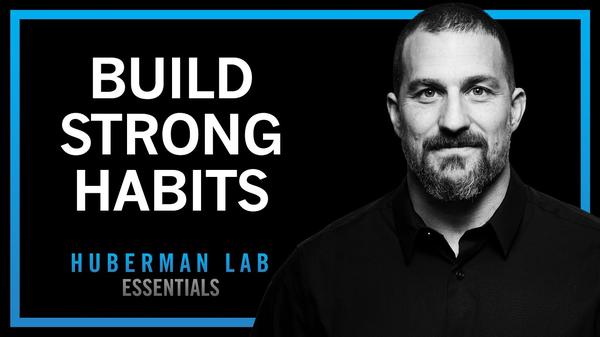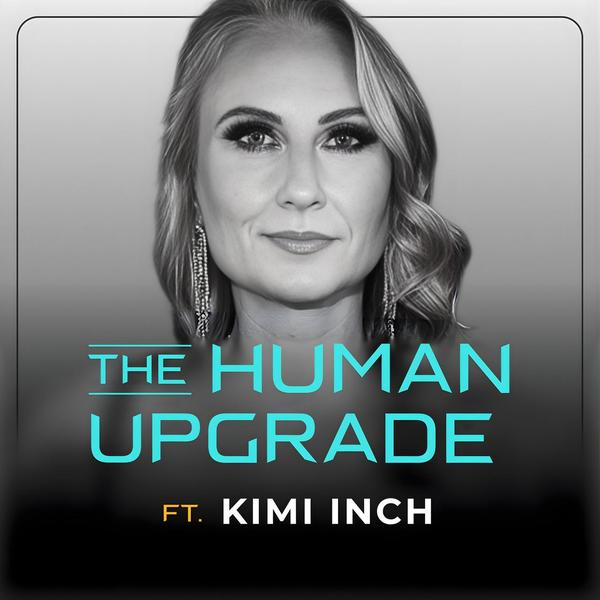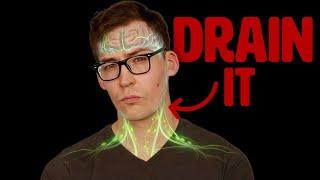
How to Focus to Change Your Brain | Huberman Lab Essentials
Andrew Huberman
Dec 19, 2024
Mindsip insights from this episode:
Enhance mental focus by practicing visual concentration
You can increase your ability to focus mentally by practicing focusing your eyes on a single point for 60-120 seconds.
Close your eyes to enhance auditory attention
Asking someone to look you in the eye while listening is counterproductive, as closing the eyes is one of the best ways to create a cone of auditory attention.
Understand Adderall's role in alertness versus focus
Adderall boosts alertness by increasing epinephrine but does not directly engage the acetylcholine system required for deep focus.
Embrace agitation as a sign of neuroplasticity in action
If you feel agitated and challenged while trying to focus, it's a sign that you are correctly releasing the epinephrine needed for neuroplasticity.
Focus attention to drive brain change after age 25
Contrary to popular belief, your brain does not change with every experience after age 25 unless you apply intense, focused attention.
Trigger epinephrine and acetylcholine for brain change
To truly change your brain, you must trigger the release of epinephrine (alertness) and acetylcholine from two different brain regions (focus).
Leverage love and fear to motivate alertness
Your brain doesn't distinguish between motivations for releasing alertness-inducing epinephrine, so using a mix of positive (love) and negative (fear, shame) reasons can be effective.
Chew Nicorette gum to boost alertness and focus
A Nobel Prize-winning colleague of the speaker chews Nicorette gum to increase alertness and focus while working.
Implement 20-minute NSDR or nap to boost learning rates
Engaging in a 20-minute non-sleep deep rest (NSDR) protocol or a brief nap immediately after a learning session can significantly accelerate learning rates.
More from
Andrew Huberman
You also might be interested in
The Hidden Damage That Happens "Behind-The-Scenes" In The Adult Entertainment Industry, With Former Adult Actress Felicity Feline
The Science of Erotic Altered States | Biohacking Sex
Neuroscientist: If You’re Feeling THIS, You’ve Lost Touch With Your True Self
Neuroscientist: If You Feel THIS, You're Living the Wrong Life (Unlock The One You're Meant For)
Drain your Brain, Protect it from Alzheimer’s Disease




